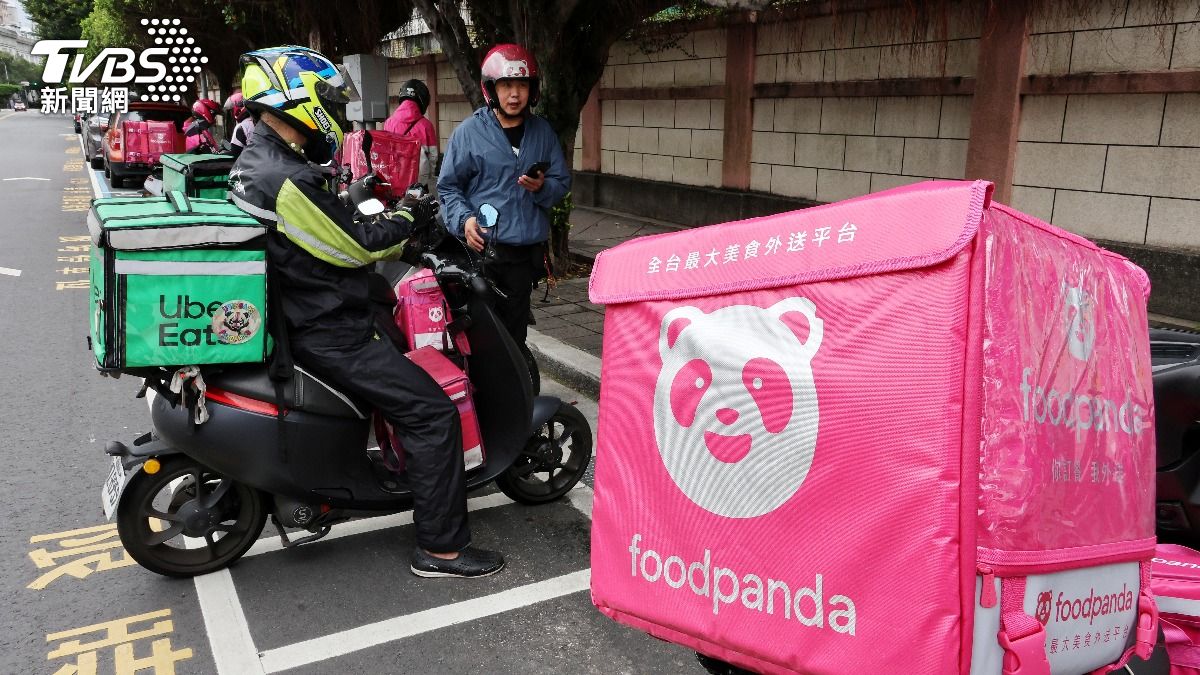TAIPEI (TVBS News) — The Consumer Protection Committee of the Executive Yuan has raised concerns over the potential impacts on consumers following Uber Eats' acquisition of foodpanda. The analysis highlights three major areas of concern: reduced consumer choice, uncertainty over membership benefits, and increased costs for partner restaurants.
This development comes amid growing reliance on food delivery platforms. A survey by the Institute for Information Industry revealed that 71% of netizens use such services, showcasing foodpanda and Uber Eats as market leaders.
Market Dynamics and Consumer Impact
The acquisition is expected to significantly enhance the combined entity's market control, potentially leading to a decrease in consumer choice. The Consumer Protection Committee warned that the operator's ability to control the market will be greatly enhanced after the acquisition. It will have a dominant power over market price setting, indicating a possible forced acceptance of unfavorable terms by consumers, such as increased delivery fees and a decline in service quality. This could result in a rise in consumer disputes.
Membership Benefits and Partner Costs
The future of membership benefits, such as Uber One and pandapro, which offer distinct advantages, remains a focal point of consumer concern post-acquisition.
Additionally, the increased costs for partner restaurants, which may be passed on to consumers, pose another significant issue. The acquisition could lead to higher listing fees, transaction commissions, and platform usage fees, thereby increasing the financial burden on restaurants and, consequently, on consumers.
As the food delivery market adjusts to this significant change, consumers and partner restaurants await further details on how the acquisition will affect their choices, costs, and benefits.
The situation underscores the need for clear communication and potential regulatory oversight to ensure that the acquisition does not unduly disadvantage consumers and small businesses in Taiwan's vibrant food delivery ecosystem.



